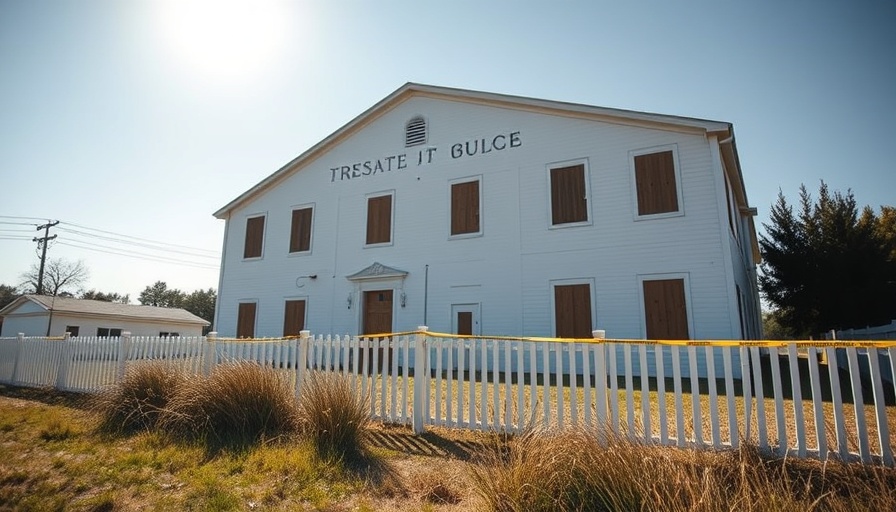
A Deadly Incident Revealing Systemic Shortcomings
The tragic fire at Gabriel House in Fall River, Massachusetts, has left a community mourning the loss of ten lives, aged between 61 and 86. Investigators have pointed to potential negligence surrounding safety protocols in assisted-living facilities, where smoking or an oxygen machine may have sparked the blaze.
State fire marshal Jon Davine underscored the unique dangers posed by the combination of smoking and the presence of medical oxygen, warning residents against these practices in such environments. This incident has drawn attention to the inadequacies in regulations that govern assisted living homes, particularly those accommodating low-income or disabled residents.
The Necessity of Stricter Regulations
Governor Maura Healey's decision to allocate $1.2 million for emergency personnel and further inspections of assisted-living residences echoes a broader call for reform. A significant lack of staffing in emergency responses exacerbated the tragedy, resulting in complications during the fire's onset. Reports imply that the delay in response could have contributed to the severity of the situation.
Legal Actions and Accountability
As the fire's details have unfolded, legal ramifications are now surfacing. A resident's lawsuit alleges negligence regarding facility management, inadequate staffing, and failure to enforce emergency procedures. Law firm Morgan & Morgan has also stepped in to investigate the viability of this claim, focusing on staffing levels and compliance with fire safety codes.
A Call to Action for Better Safety Standards
The events at Gabriel House should serve as a clarion call for the state to revisit existing safety regulations governing assisted-living facilities. As the state agency prepares to assess the condition of 273 such facilities, community involvement and awareness will be crucial in advocating for the safety and well-being of vulnerable residents.
 Add Row
Add Row  Add
Add 




Write A Comment